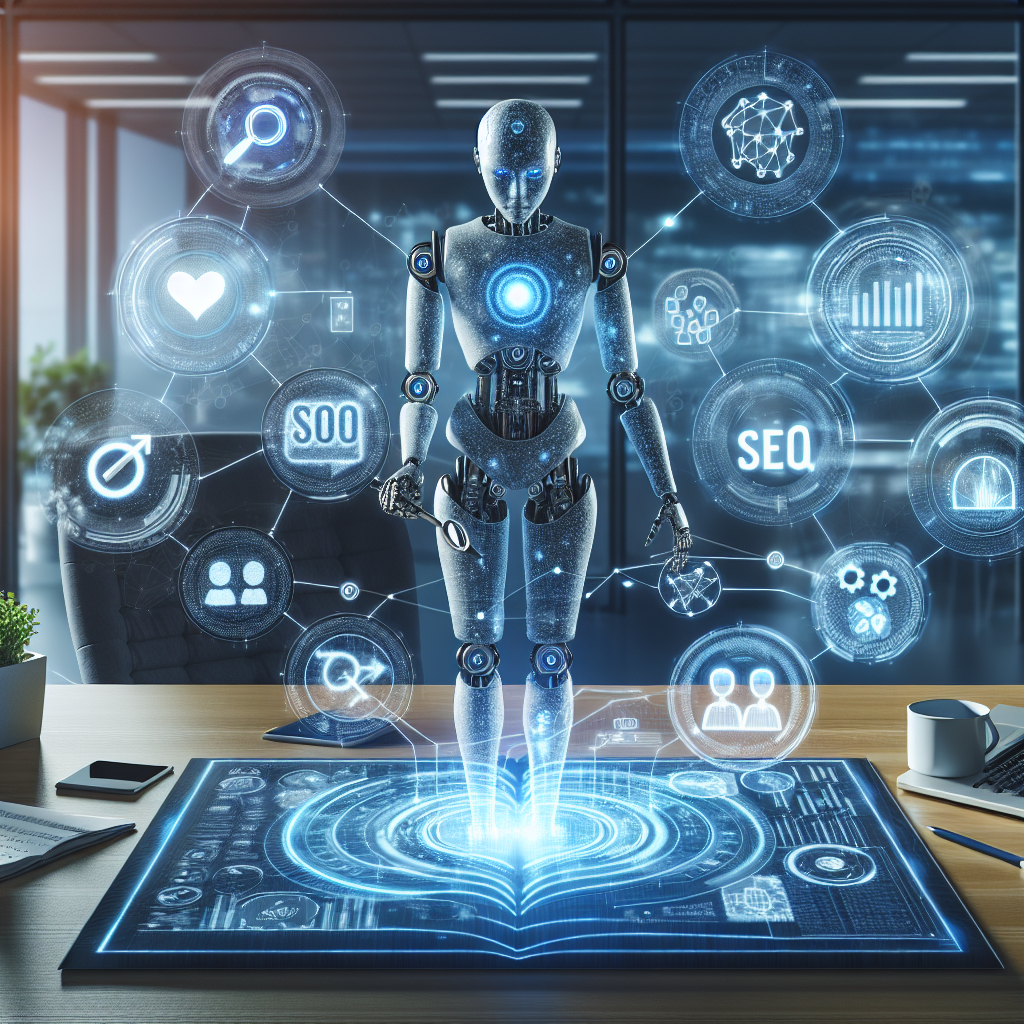Artificial intelligence (AI) has become a game-changer in the field of marketing, revolutionizing the way businesses reach and engage with their target audience. With the ability to analyze vast amounts of data, personalize messaging, and automate processes, AI has significantly impacted marketing strategies across industries. In this article, we will explore the key ways in which AI is transforming marketing, as well as address some frequently asked questions about its implementation and implications.
1. Personalized Marketing
One of the most significant impacts of AI on marketing strategies is its ability to personalize messaging and content for consumers. AI algorithms can analyze customer data, such as past purchases, browsing behavior, and demographics, to create highly targeted and relevant marketing campaigns. This level of personalization not only increases engagement but also improves the overall customer experience.
For example, AI-powered recommendation engines can suggest products or services to customers based on their preferences and behavior. This can help businesses increase sales and drive customer loyalty by providing a more tailored shopping experience. Additionally, AI can also be used to create personalized email marketing campaigns that are more likely to resonate with recipients.
2. Predictive Analytics
AI has also revolutionized the way businesses analyze data and make strategic decisions. With predictive analytics, AI algorithms can forecast trends, customer behavior, and potential outcomes, enabling marketers to make data-driven decisions that drive business growth. By analyzing past customer interactions and market trends, businesses can optimize their marketing strategies and target the right audience at the right time.
For instance, AI-powered predictive analytics can help businesses identify potential leads, predict customer churn, and optimize pricing strategies. This allows marketers to allocate resources more efficiently and drive higher ROI on their marketing efforts. By leveraging AI for predictive analytics, businesses can stay ahead of the competition and make informed decisions that drive growth.
3. Automation
Another key impact of AI on marketing strategies is automation. AI-powered tools and platforms can automate repetitive tasks, such as data entry, scheduling, and reporting, freeing up marketers to focus on more strategic initiatives. This not only increases efficiency but also allows businesses to scale their marketing efforts and reach a larger audience.
For example, AI-powered chatbots can handle customer inquiries and provide support around the clock, improving customer service and satisfaction. Additionally, AI can automate the process of segmenting and targeting audiences, creating personalized ads, and optimizing campaigns in real-time. By automating these tasks, businesses can streamline their marketing processes and drive better results.
4. Enhanced Customer Insights
AI has also revolutionized the way businesses gather and analyze customer insights. By analyzing vast amounts of data, AI algorithms can uncover valuable insights about customer preferences, behavior, and sentiment. This allows businesses to better understand their target audience and tailor their marketing strategies to meet their needs.
For instance, AI-powered sentiment analysis can analyze social media data to understand how customers feel about a brand or product. This can help businesses identify potential issues, improve customer satisfaction, and enhance their brand reputation. Additionally, AI can analyze customer feedback and reviews to identify trends and opportunities for improvement. By leveraging AI for customer insights, businesses can make more informed decisions and drive better results.
Frequently Asked Questions (FAQs)
Q: How can businesses implement AI in their marketing strategies?
A: Businesses can implement AI in their marketing strategies by leveraging AI-powered tools and platforms, such as predictive analytics software, chatbots, and personalization engines. By integrating AI into their marketing processes, businesses can improve efficiency, drive better results, and enhance the overall customer experience.
Q: What are the potential challenges of implementing AI in marketing strategies?
A: Some potential challenges of implementing AI in marketing strategies include data privacy concerns, the need for specialized skills and expertise, and the risk of bias in AI algorithms. Businesses should carefully consider these challenges and develop strategies to address them effectively.
Q: How can businesses measure the impact of AI on their marketing strategies?
A: Businesses can measure the impact of AI on their marketing strategies by tracking key performance indicators (KPIs), such as conversion rates, customer engagement, and ROI. By analyzing these metrics, businesses can assess the effectiveness of their AI-powered marketing initiatives and make data-driven decisions to optimize their strategies.
In conclusion, AI has significantly impacted marketing strategies by enabling personalized marketing, predictive analytics, automation, and enhanced customer insights. By leveraging AI-powered tools and platforms, businesses can optimize their marketing efforts, reach a larger audience, and drive better results. As AI continues to evolve, businesses must adapt to the changing landscape and leverage AI to stay ahead of the competition.

